the faces
Founded and formulated by

Jana Adam — Founder & CEO
Jana is a certified scientific nutritionist from Stanford Medical School with a passion for women’s health and wellness. Before founding nouxx, she led global strategy at Gorillas and worked in Innovation & M&A at Lidl.

Dr. Anne-Sophie Limbach — Medical Co-Founder
Anne is a medical doctor specializing in clinical pathology and an expert in preventive medicine and nutrition. With a background in internal medicine and laboratory diagnostics, she bridges clinical practice and research.










